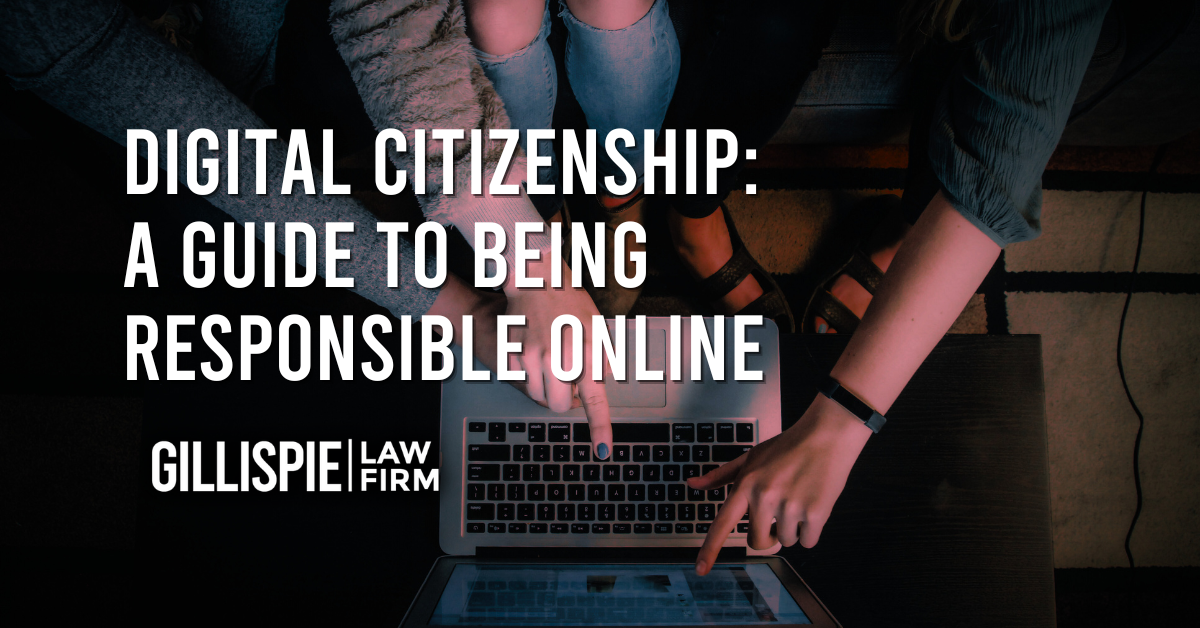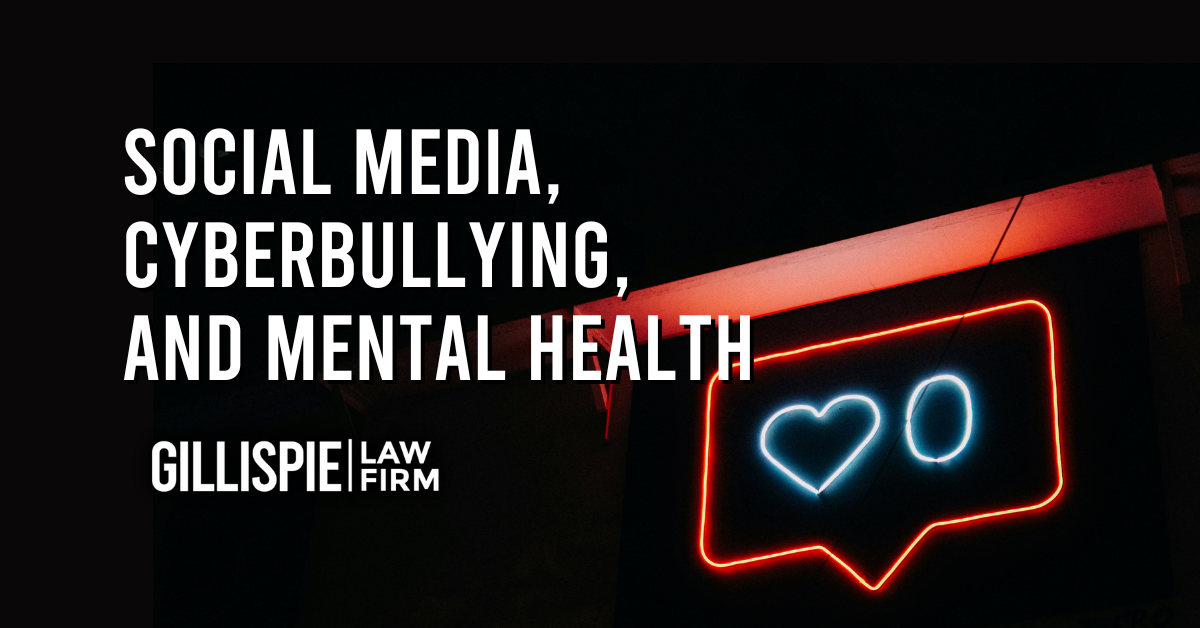Retraining the Brain: How Sexual Assault Survivors Learn to Cope
While it’s a given that victims of sexual assault will need counseling — especially those who endure it as a child — what exactly that entails isn’t immediately obvious.
For many survivors, it’s less about lying on a couch and sharing their dreams and more about retraining their brains to cope with the lingering symptoms of their assault. It’s known as cognitive behavioral therapy (CBT).
“CBT works to first provide psycho-education to clients, to help them understand why they are experiencing these symptoms, and help them to put words to their feelings,” explained Dr. L.B. Hodge, a psychologist based in D.C. “And once they’ve tapped into their cognition, it helps them to regulate their emotions.”
Dr. Hodge, who specializes in treating sexually abused children, explained that rape victims are often set off by “sensory fragments”: a certain fragrance that reminds them of their assailant, or a certain color they associate with their attacker. Being surrounded by these triggers can leave victims in a state of perpetual anxiety, and because these responses take place outside the prefrontal cortex — the part of the brain that governs reasoning and language skills — they often don’t understand their symptoms, much less how to control them.
Understanding CBT
One of the goals of CBT is to help victims understand trauma and how it impacts their brain and their nervous system, and how all this plays out in day-to-day life, Dr. Hodge said. Once patients understand what is happening to them, they can learn “healthy coping tools to deal with their symptoms, to know their triggers, and to use the resources available to regulate their emotions and bodies,” she added.
“The initial treatment is focused on recovering the memories of the event” in patients who were too young to remember or who have hazy recollections, Dr. Hodges said. But even after recalling the events, most patients still suffer because they’re still dealing with the sensory fragments, which can stimulate a reoccurring fight-or-flight response. Victims can become virtual shut ins to avoid their triggers, while others turn to alcohol or drugs to numb the pain. In some cases, the victim’s nervous system becomes attuned to the fight-or-flight response, leading him or her to seek out toxic relationships that stimulate the sensation, often leading to even more trauma and abuse.
Dr. Hodge said she often finds that sexual abuse survivors “are usually victimized more than once. There may be multiple perpetrators — college rape, rape in a relationship — and they are often dealing with more than one incident, which makes the treatment more complex.” Sadly, that complexity often requires long-term treatment to manage.
It Takes Time
Another part of the problem is that victims can take years — even decades — to seek help. Adult victims often stay silent out of shame, Dr. Hodge explained. “People don’t want to talk about things that happened for fear of being judged or blamed,” she said.
In the case of children, the victim may be too young to understand what is happening to them, or could be afraid they’ll get in trouble if the abuse is discovered. In some cases, the culprit threatens the child or a family member if the abuse is revealed. Regardless of the reasons, Dr. Hodge said coming forward and seeking help is “the first step to acknowledging that this has happened … it can start the healing process.”
Comfort Level
A big part of that healing process is comfort. Dr. Hodge says she places a priority on providing trauma patients with “a safe space where they don’t feel judged, where their emotions — positive or negative — are validated, and giving them a place where they can openly talk about these issues in their own space and time.” She noted that “lot of these people didn’t have control over what happened to them and their bodies, so early on it’s important that they feel a sense of control” over the sessions.
Dr. Hodge also stressed the importance of finding the right therapist. She noted that some trauma victims have a bad initial experience with therapy and quit, which only allows their symptoms to fester.
She recommended that patients not give up if the first experience soured them, but instead shop around for another therapist who may be a better fit. Some sexual abuse survivors may not feel comfortable opening up to a member of the opposite sex, or a therapist who is younger than them.
“You need to figure out what you’re looking for in therapy,” she explained. “It can sometimes take several attempts to find the right person, and that’s okay.”
(Dr. Hodge is a licensed psychologist. She is a graduate of the American School of Professional Psychology and has been in practice for nearly 12 years.)



